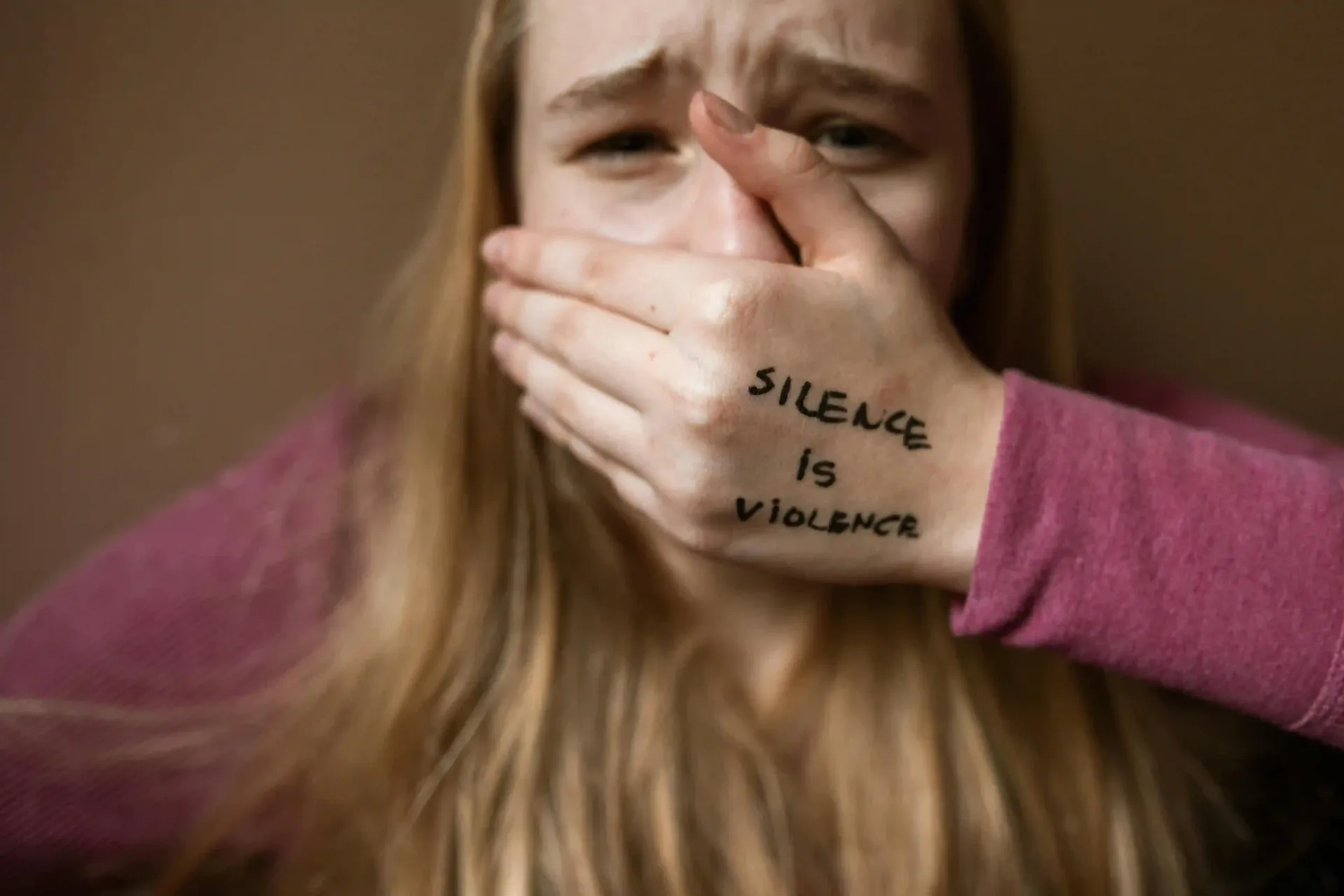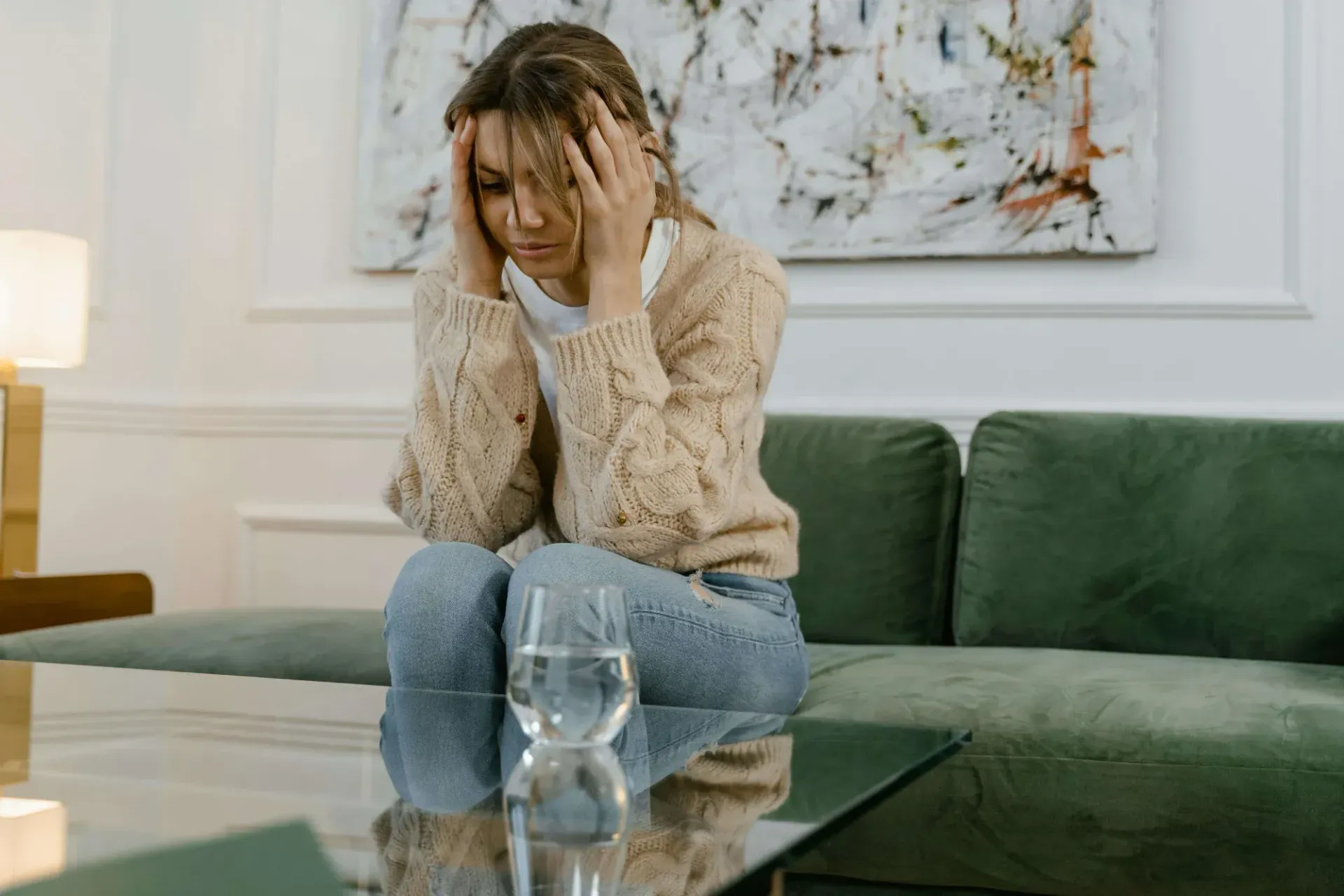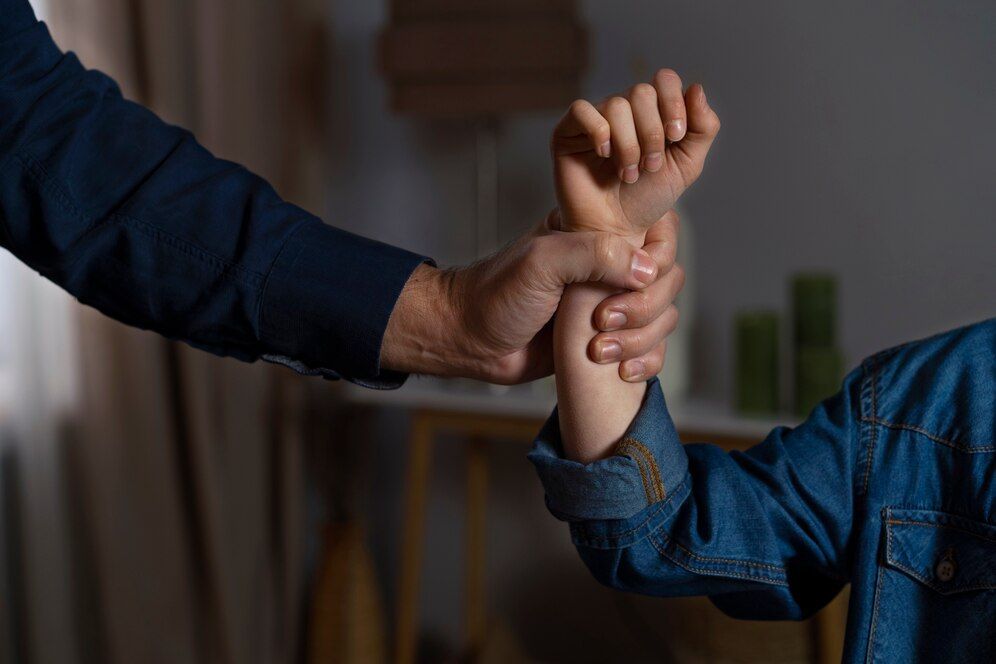Sole Parental or Equal Shared Parental Responsibility
After separation, both you and your former partner retain parental responsibility as to the children’s physical and emotional wellbeing, and have an equal role in making important decisions about the children’s care, welfare and development, unless the Court orders otherwise.
When considering the orders to make for the care and living arrangements of a child, the Court will apply a presumption that it is in the child’s best interests for the parents to have equal shared parental responsibility. This means that you and your former partner must consult each other prior to making decisions about major or long-term issues affecting the children.
In some limited situations, shared parental responsibility may not be in a child’s best interests and the Court could place all such responsibility with one parent. However, the presumption of equal shared parental responsibility stands until it is rebutted.
Parental Responsibility means a parent is entrusted with all the duties, powers and responsibilities which by law parents have in respect to their children.
This includes the basics such as day to day care and decisions for their child like what the child should eat, what their daily routine should be and what daily activities they should be involved in as well as what are known as the ‘long term major decisions’ in respect to the child. The long term major decisions are classified under the Family Law Act as decisions about a child’s:
- present and future education;
- health;
- cultural and religious upbringing;
- name; and
- changes to the child’s living arrangements if such changes affect a child’s ability to spend time with one of their parents.
If a Court makes orders for equal shared parental responsibility then parties must cooperate and consult with one another about any long term major decisions regarding the child or children.
Although it may not be Court ordered to consult about such decisions regarding their children, it is advised that where possible, parties communicate and work together to be able to co-parent and agree about important issues.
The Court is generally reluctant to make orders for sole responsibility, either overall or for certain limited matters. Usually, it is only ordered in exceptional circumstances.
For example, in the case of Small &Small [2016] FamCA 433, there were exceptional circumstances which led to one parent receiving sole parental responsibility. The Court considered the following issues:
- Is there an unacceptable risk to the children from one of the parents?
- Do the benefits of a meaningful relationship with one party outweigh “the potential harm caused to the children by re-establishing a relationship following a prolonged absence?”
- Given the children’s special needs and vulnerability, will they be able to “realistically cope with seeing their father in a supervised environment over an extended period of time”. (This could relate to either party and is not limited to fathers).
- Especially given the children’s vulnerability, what orders can be made that are least likely to lead to further litigation.
If you have questions or want to discuss issues involving parental responsibility, call one of our specialist family lawyers today.











